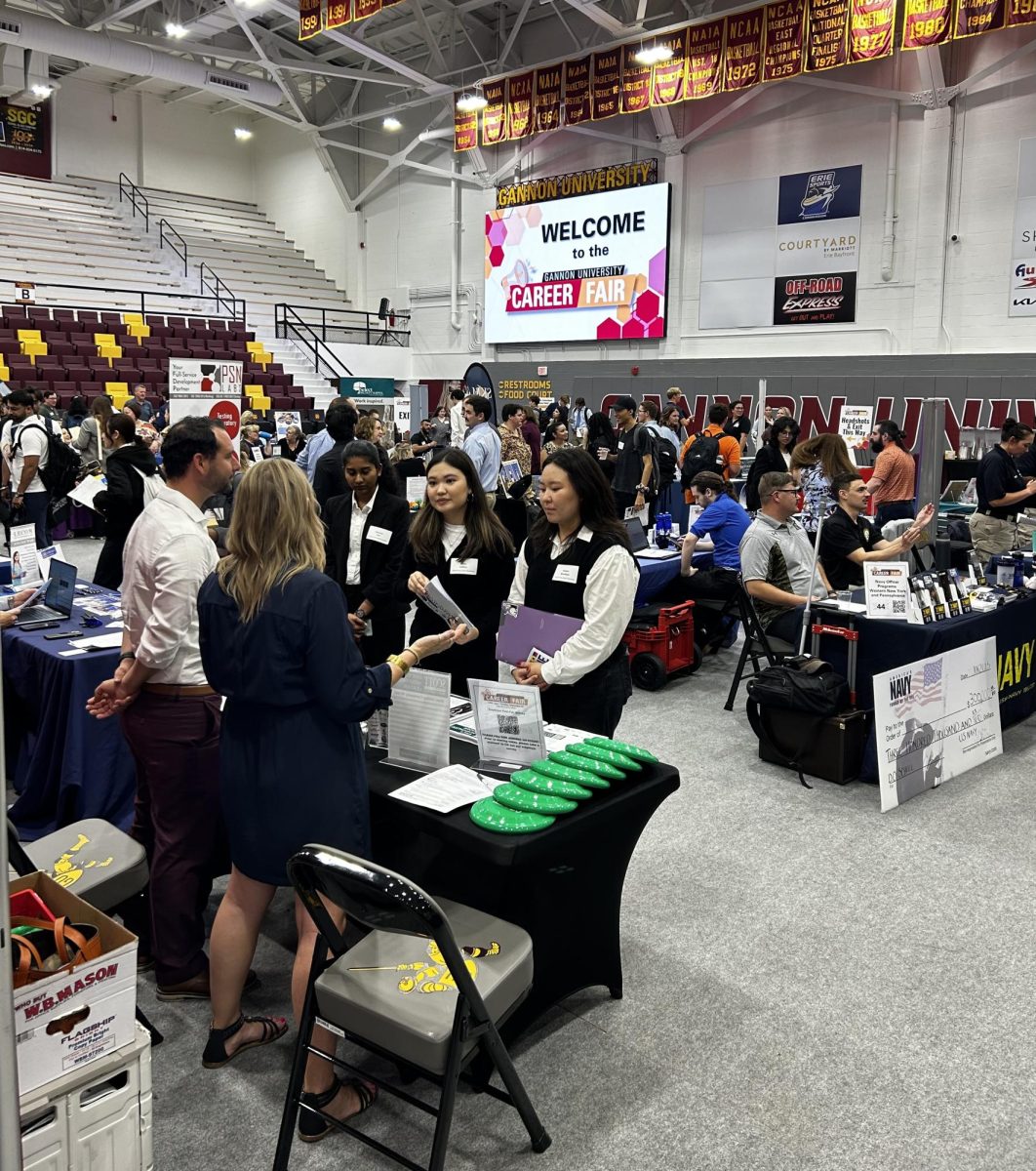What is a 401K? Contrary to popular belief, it’s not an equation where you have to solve for K. Thanks, Algebra.
As I get closer to graduating and entering the world of adulthood, I’m slowly realizing that I have very little knowledge about how to survive in “the real world.”
This is something that’s been on my mind for a while, but I’ve never really known a proper way to fix it until recently. Now I feel confident enough to share my thoughts on the topic.
In my time as a student – i.e. my entire life – I have yet to learn basic skills that everyone needs to know to function as an adult. It’s possible that you’ve seen the graphics titled “Things School Didn’t Teach Me,” which lists things such as how to do taxes, what taxes are, how to balance a checkbook, how to buy a car and some other things. It usually ends with, “but thank God I know the Pythagorean Theorem.”
While it’s meant to be more of a joke, more so to get likes than anything, it’s accurate. The last person who I saw post that was someone who graduated from Gannon last year.
I have no idea how to do most of the things I’m going to need to know in the following year after I graduate, but I can tell you that the mitochondria is the powerhouse of the cell – that’s about the extent of my science knowledge.
Something I noticed, though, is that whenever that comes up on any social media website, someone from the previous generations will comment saying that they learned all of that stuff in school.
Who knows what changed? When did the focus go from understanding how to live as an adult to a broad spectrum of liberal arts topics and an intense look at what you do for your career?
I’m not saying one is better, but both should be integrated into the curriculum in high school and higher education.
I know many schools like to host short seminars on post-grad life and basic financial concepts, but one day is not enough for people to learn a skillset they need for the rest of their life.
I propose that universities should offer a class to teach these specific life skills so that students could have a better grasp of them upon graduation. It would probably need as many sections as the required core classes since every Gannon student would probably need to take it.
The best time to take the class would probably be in a student’s junior and senior year, that way the information is fresh in his or her brain as someone goes into the real world.
America’s education system may do a lot to prepare people for their careers – once they start them – but it needs to add something so we can survive outside of the workplace.
Otherwise, it’s like pushing a bird out of a nest. Some students may fly, but others will surely hit the pavement head-first.
KHADIJA DJELLOULI







